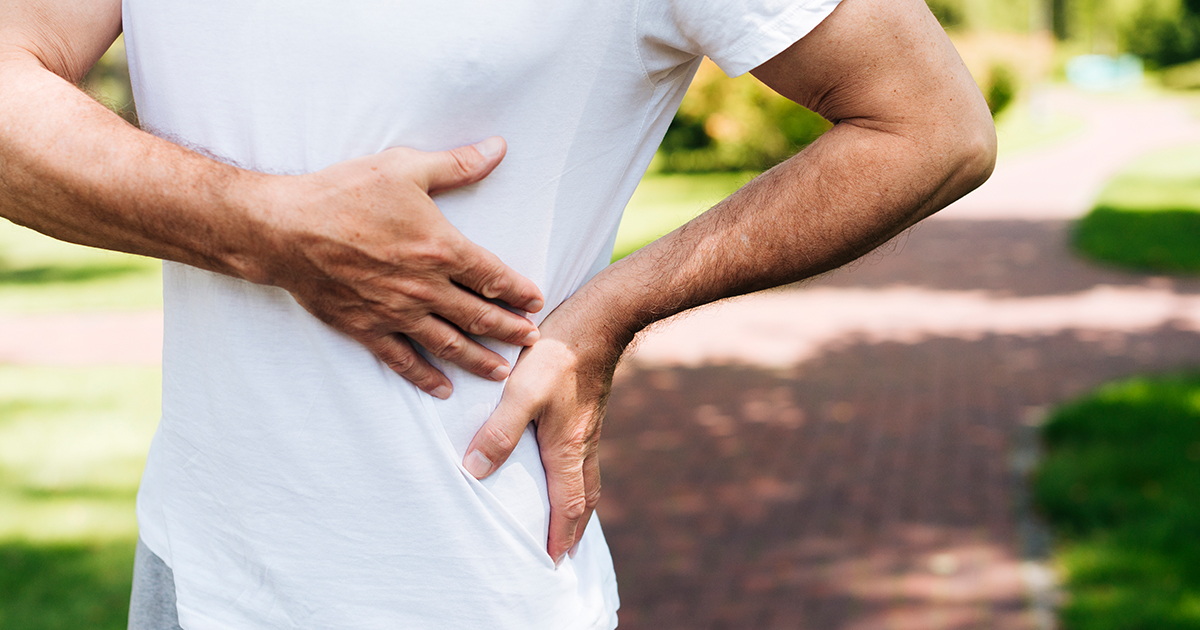Kidney Health in Seniors: What to Monitor as You Age

As we age, it’s no secret that our bodies start to slow down, and our organs may not work as efficiently as they once did. Among these changes, the kidneys are no exception. Your kidneys play a vital role in removing waste, toxins, and excess fluids from your blood, as well as regulating blood pressure and maintaining your body’s delicate balance of electrolytes. Unfortunately, the impact of aging on kidney health often flies under the radar. Let’s explore how aging affects kidney health and how to effectively monitor and protect your kidneys.
What Happens to Your Kidneys As You Age?
Like the rest of your body, your kidneys start to wear down over time. The filtering structures in your kidneys, called glomeruli, gradually lose their efficiency. This filtering ability, measured as glomerular filtration rate (GFR), naturally decreases as we age:
- In your 30s and 40s, the decline begins but it may be so slow you don’t notice any changes.
- By your 50s and 60s, the drop in kidney function becomes more noticeable.
- By the time you’re in your 70s, your GFR could be as low as 70% of what it was in your younger years.
This decline means your body may face challenges in removing waste and toxins effectively, which can increase the risk of kidney disease or other health issues. But don’t stress! Simple lifestyle adjustments and regular checkups can make a big difference in maintaining kidney health.
High-Risk Factors for Kidney Health in Older Adults

While aging itself can lead to kidney decline, other factors can speed up this process. Here are some common risks to watch out for:
High Blood Pressure
High blood pressure is a leading cause of kidney damage. Over time, it can harm the tiny blood vessels in your kidneys, affecting their ability to filter properly.
Diabetes
Uncontrolled blood sugar can damage your kidneys’ filtration system, leading to diabetic nephropathy, a common complication of diabetes. Studies show that more than 40% of people with diabetes may experience some level of kidney damage.
Dehydration
As we age, our sense of thirst diminishes, making it easier to become dehydrated. Chronic dehydration can strain the kidneys, leading to waste buildup and potentially kidney stones.
Medication Use
Older adults often take more medications than younger individuals, but some drugs (like NSAIDs or certain antibiotics) can be tough on the kidneys. Long-term or improper use can cause harm, so always consult your doctor before starting any new medication.
Tips to Protect Your Kidneys
While kidney decline is a natural part of aging, there are plenty of steps you can take to slow it down and protect your kidneys. Here's how:

1. Get Regular Checkups
Kidney problems often don’t show symptoms until they’ve progressed, so regular testing is key. Common tests include:
- Blood Tests: These measure creatinine levels and GFR to check how well your kidneys are filtering.
- Urine Tests: These can detect early signs of kidney damage, like protein in the urine.
Tip: If you have high blood pressure, diabetes, or a family history of kidney disease, aim for at least one kidney checkup per year.
2. Manage Chronic Conditions
If you have high blood pressure or diabetes, managing these conditions is essential for your kidneys.
- Control Blood Pressure: Aim for a target of 140/90 mmHg (or as recommended by your doctor).
- Maintain Stable Blood Sugar: If you have diabetes, work with your doctor to keep your HbA1c levels within a safe range (typically below 7%).
- Monitor Regularly: Check your blood pressure and blood sugar levels often, and adjust treatments as needed with your doctor’s help.
3. Eat a Kidney-Friendly Diet
What you eat can have a big impact on your kidney health. Here are a few tips:
Limit Salt: Stick to less than 5g of salt per day to avoid high blood pressure. Skip processed and salty foods when possible.
- Moderate Protein: Too much protein can strain your kidneys, so aim for lean sources like fish, chicken, or tofu, and follow your doctor’s advice on portion sizes.
- Watch Potassium: While fruits and veggies are great, keep an eye on high-potassium foods (like bananas or oranges) if your kidneys aren’t functioning well.
4. Stay Hydrated
Drink plenty of water throughout the day to keep your kidneys functioning properly. If you’re not sure how much water you need, ask your doctor for advice based on your health conditions.
5. Be Cautious with Medications
Some over-the-counter drugs (like NSAIDs) can harm your kidneys if taken in large amounts or for too long. Always follow your doctor’s instructions and avoid self-medicating without professional advice.
6. Adopt a Healthy Lifestyle
Finally, a healthy lifestyle is your best defence!
Exercise Regularly: Aim for at least 150 minutes of moderate activity (like walking or swimming) per week.
- Quit Smoking: Smoking damages blood vessels, speeding up kidney decline.
- Limit Alcohol: Excessive drinking can lead to high blood pressure and kidney strain.
- Get Enough Sleep: Aim for 7–8 hours of quality sleep each night to support your body’s repair processes.
Take Charge of Your Kidney Health Today!
Your kidneys are vital to your overall health, and while aging may naturally affect them, you can take charge of the process. By focusing on regular checkups, managing chronic conditions, eating well, and adopting healthy habits, you can protect your kidneys and enjoy a better quality of life as you age.
It’s never too late to start caring for your kidneys, so why not take the first step today? Your future self will thank you!
- * All research and clinical data should be used as reference purposes only, results may vary.




